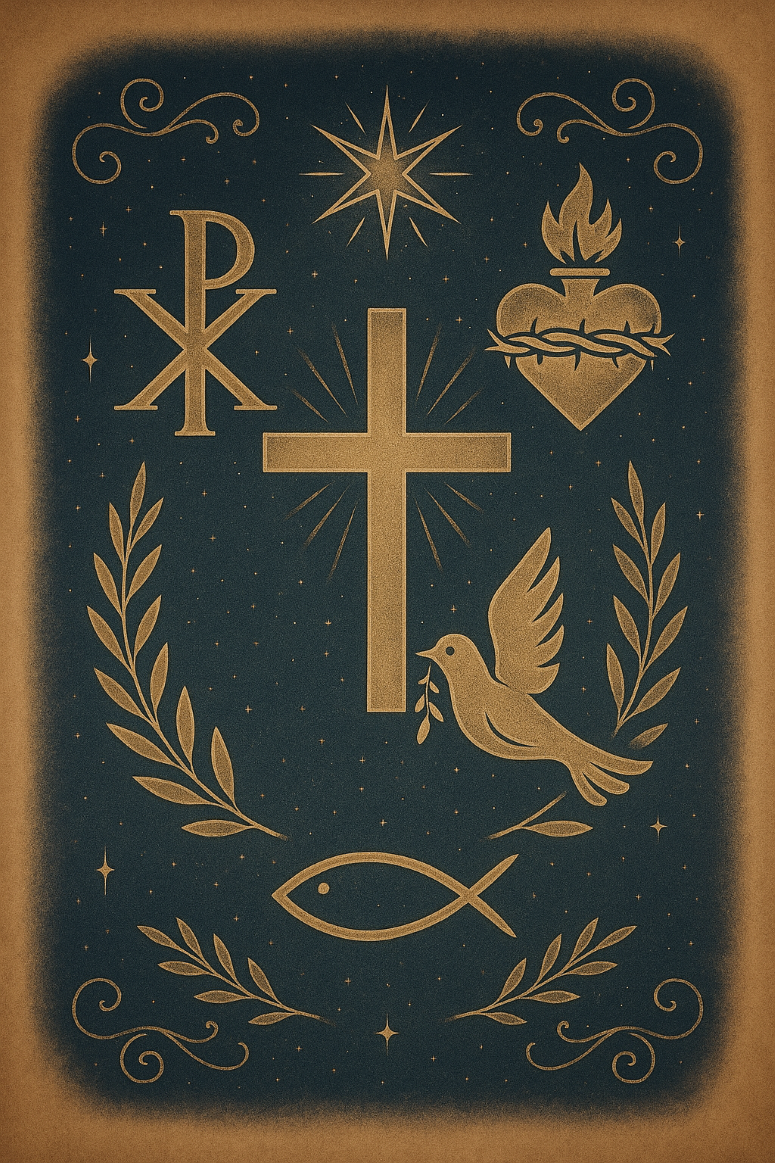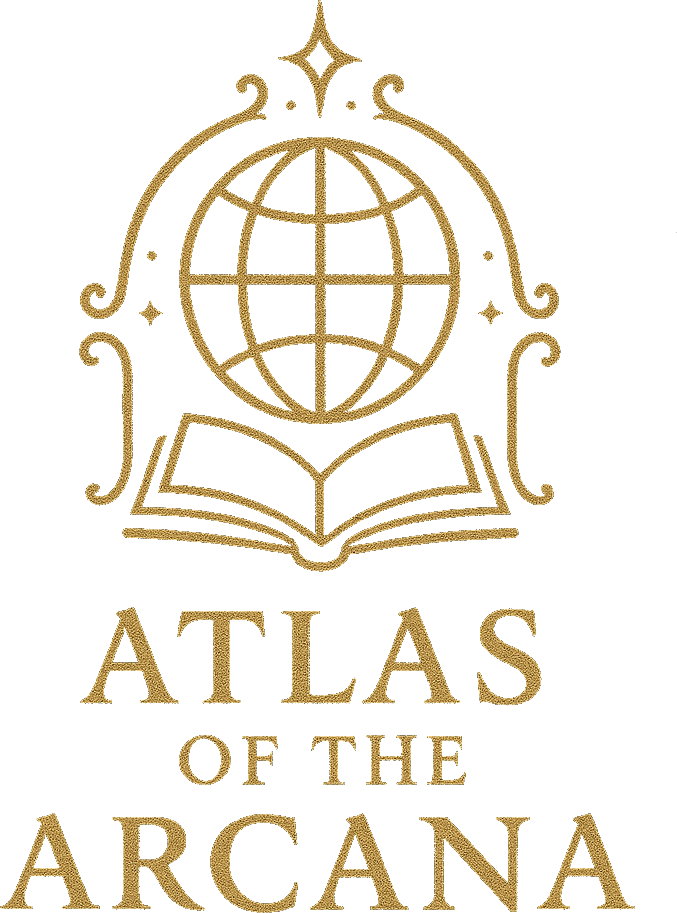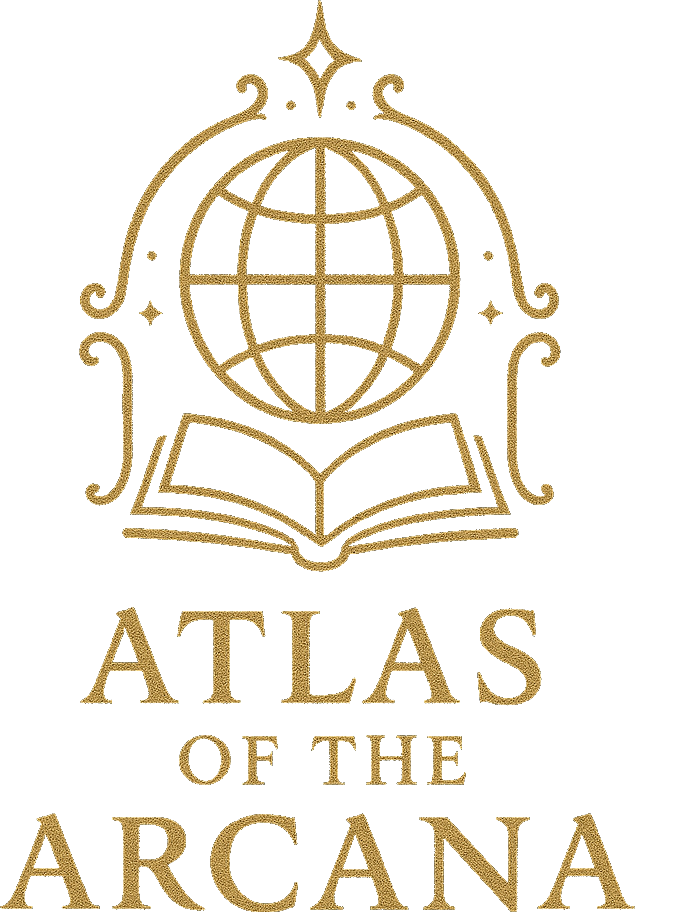 | Christianity |  |

A Path of Faith, Devotion, Transformation, and Inner Renewal
Christianity is one of the world’s largest and most influential spiritual paths. At its heart, it is a tradition centered on love, compassion, forgiveness, inner renewal, and a relationship with the Divine through the teachings of Jesus Christ.
This path is ideal for those drawn to scripture, devotion, moral clarity, prayer, symbolism, and a values-driven life.

🙏Daily Bible Verse🙏
The one who gets wisdom loves life; the one who cherishes understanding will soon prosper.
Proverbs 19:8

✝️1. What This Path Is✝️
Christianity includes a wide range of traditions, such as:
- Catholic
- Protestant
- Non-Denominational
- Orthodox
- Mystical/Contemplative Christianity
While each branch has unique theology and practices, they share core spiritual themes:
- Love as the foundation of faith
- A relationship with God
- The teachings of Jesus Christ
- Grace, forgiveness, and inner transformation
- Spiritual growth through prayer and reflection
Many Christians also explore the symbolic and contemplative side of the faith through meditation, mysticism, and sacred ritual.

📖2. Core Beliefs📖
Though beliefs vary across denominations, most Christian paths include:
- God as a loving Creator and guide
- Jesus Christ as teacher, savior, and source of spiritual renewal
- The Holy Spirit as comfort, wisdom, and inner guidance
- Love, compassion, and forgiveness as core values
- Faith expressed through action and daily life
- Spiritual rebirth and transformation
Some branches emphasize personal devotion, others focus on community, and others on symbolic, mystical, or contemplative practice.

📜3. Sacred Texts & Sources📜
Primary sacred texts include:
- The Bible (Old & New Testament)
- Psalms & Proverbs (poetry and wisdom traditions)
- The Gospels (teachings of Jesus)
- Letters & early church writings
Additional sources include:
- Mystical writings (St. Teresa of Ávila, John of the Cross, Hildegard of Bingen)
- Devotional literature
- Sermons, hymns, and modern spiritual commentary
Many Christians take a symbolic, metaphorical, or contemplative approach rather than a literal one.

🧙♀️4. Deities, Guides & Archetypes🧙♀️
Depending on denomination, inspiration is drawn from:
- God / The Father
- Jesus Christ
- The Holy Spirit
- Mary (Mother of Jesus)
- Angels
- Apostles, saints, prophets
- Mystics & contemplatives
These figures represent love, courage, compassion, healing, and faith in the face of adversity.

🌟5. Symbols & Their Meanings🌟
Common symbols include:
- The Cross – sacrifice, love, redemption
- The Dove – peace, Holy Spirit, hope
- The Fish (Ichthys) – early symbol of safety and faith
- The Lamb – innocence, purity, divine love
- The Alpha & Omega – beginning and end
- The Trinity Symbol – unity of Father, Son, Spirit
Symbols help believers connect with the sacred stories and themes of the faith.

🔥6. Rituals & Practices🔥
Christian practices vary, but commonly include:
- Prayer
- Scripture reading
- Church gatherings or fellowship
- Communion (Eucharist)
- Worship through music
- Liturgical seasons (Advent, Lent, Easter, Christmas)
- Acts of service and compassion
- Contemplative silence or meditation
Mystical or contemplative Christians may also practice:
- Centering prayer
- Meditation on scripture
- Journaling
- Breath prayer
- Lectio Divina (spiritual reading)

🌿7. Bringing This Path Into Daily Life🌿
Christian practices can be woven gently into everyday moments:
- Morning or evening prayer
- Daily gratitude
- Reading or meditating on a single scripture
- Acts of kindness
- Listening to worship or inspirational music
- Following the liturgical seasons
- Using Christian symbols for grounding
- Short reflective journaling
Faith becomes part of your rhythm, not something separate from it.

🌀8. Blending With Other Paths🌀
Some Christians blend their faith with:
- Contemplative practices (silence, meditation)
- Nature-based spirituality
- Symbolic mythology
- New Age practices (in non-dogmatic ways)
- Secular mindfulness
- Emotional healing and psychological work
This path can be deeply personal and flexible as long as it aligns with one’s spiritual convictions.

🧭9. Begin Your Christian Path🧭
Here are gentle starting points:
🌅For Beginners:🌅
- Read one psalm or proverb each day
- Choose a favorite verse for grounding
- Practice a short prayer or breath meditation
- Begin a gratitude list
- Learn about one Gospel story weekly
📖Beginner Resources:📖
- The Gospels (Matthew, Mark, Luke, John)
- The Book of Psalms
- The Book of Proverbs
- The Imitation of Christ — Thomas à Kempis
- The Ragamuffin Gospel — Brennan Manning (gentle, compassionate)
- Everything Belongs — Richard Rohr (for mystical Christianity)

🔍Explore Subtopics (coming soon):🔍
- Brief history
- Catholic traditions
- Protestant foundations
- Non-denominational Christianity
- Mystical/Contemplative Christianity
- Daily Christian practices
- Christian symbolism
- Scripture & interpretation
- Angels and spiritual beings
- History of the Church

🌿When You’re Ready…🌿
Return to the paths page
or continue to the next spiritual system:
👉 Next: Buddhism →

